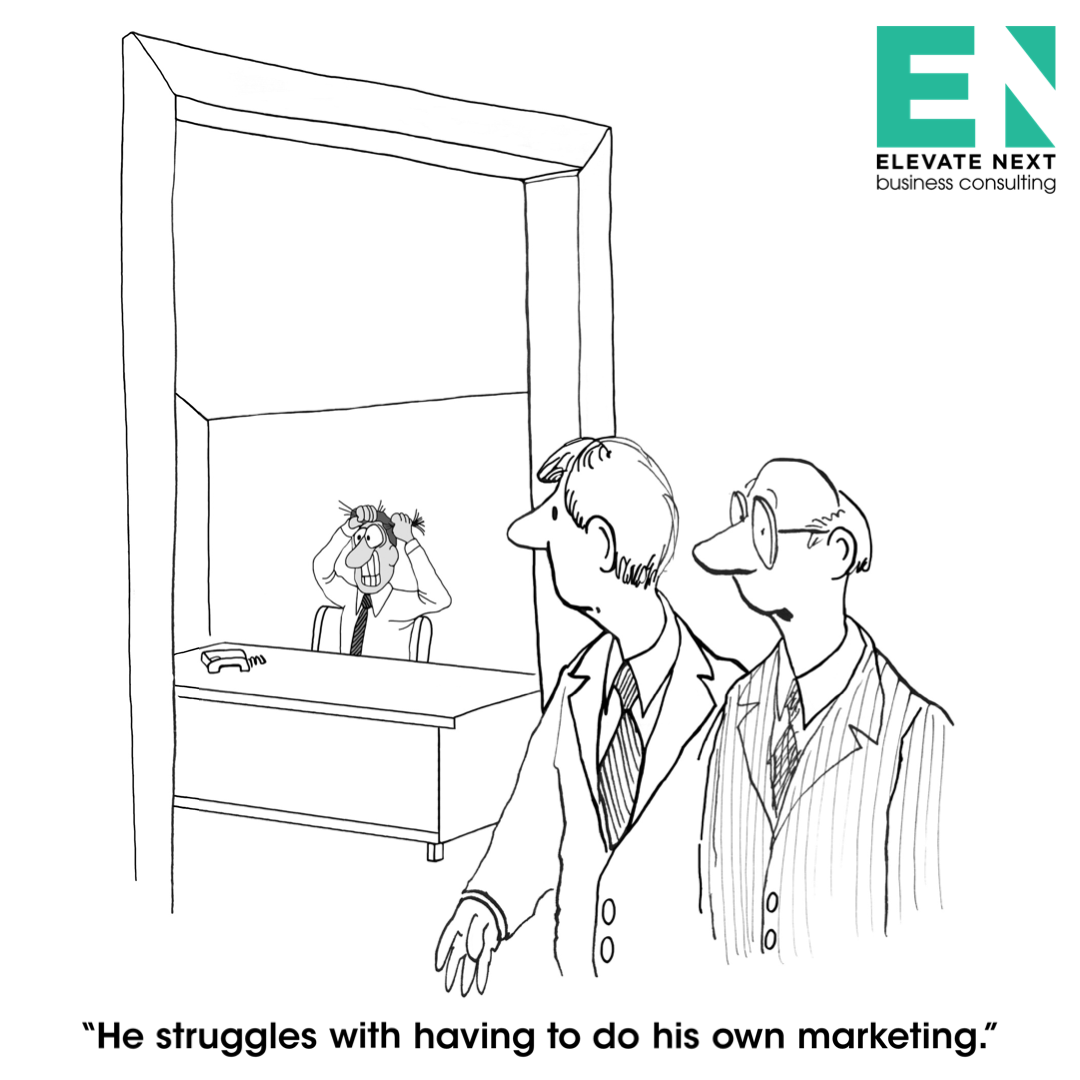Why Outsourcing Your Marketing Makes Sense
Outsourcing simply means subcontracting a business process, such as manufacturing, accounting, or consulting services, from a supplier who provides the customer with either goods or services. When third parties perform these processes, the output is almost always measurable.
In the case of marketing, many agencies, and even individual freelancers, provide several types of marketing services offered in set bundles or as an ‘a la carte’ offering. Some of these contracted services could be as broad in scope as redefining a company’s overall marketing strategy or as narrowly focused as the review of a set of marketing analytics that results in the provision of actionable insights to inform strategy.
Examples of outsourced marketing services may include:
Content Marketing (i.e., blog posts, news articles, email campaigns, etc.);
Influencer Marketing; and
Why Does Outsourced Marketing Make Sense?
Cost-effectiveness: Hiring a firm skilled in strategic marketing offers a company access to diverse, professional skill sets and expertise - without having to hire for each skill.
Scalability and flexibility: By outsourcing marketing projects (and functions), a business is better equipped to adjust its marketing efforts based on current needs, projects, budgets, and strategic focus without taking on the overhead of direct hiring.
New Perspectives: A marketing agency is a strategic partner that can audit your existing marketing strategy and tactics to provide an objective view for areas of improvement or changes in direction.
Focus: By outsourcing marketing services, businesses can focus on what they do best, with limited risk and maximum control of content with a clear and carefully negotiated contract.
Increased Return on Investment (ROI): Contracting out marketing services allows a business to achieve measurable results at a reduced cost. In other words, a business can leverage its core competencies to generate greater profits by outsourcing its professional marketing services.
Choosing the Right Marketing Partner
Look for a marketing firm that will partner with you in a collaborative process to revitalize your marketing strategy and expand your business’s market share. When evaluating marketing firms as potential partners, Forbes Business Council provides context for businesses considering outsourced marketing:
“At its core, outsourcing is subcontracting a process like manufacturing, accounting or consulting to a third-party company. In each of these cases, outsourcing seems plausible because the outsourced service can be easily defined, quantified and measured. Yet when it comes to outsourced marketing and the many [marketing disciplines], the meaning becomes immediately fuzzy.”
To eliminate any ‘fuzziness’ and to provide a clear framework for success, a business should form a small team of cross-functional stakeholders within the firm to:
Define clear expectations of success up front in collaboration with marketing firms you consider, and use those expectations to develop your contractual relationship. Include measurable outcomes in your contract.
Look for a marketing company that understands these expectations as well as your particular industry and business culture. All your marketing activities should reflect the core values and brand image of your unique business.
Make sure you understand the roles each of your employees will fill in supporting the work of the marketing agency to make the best use of your marketing expenditures.
Include interim objectives and frequent check-ins in your contract, so you can change direction as needed. Once you find a good fit, the relationship with your marketing partner will become more productive and you will want to adjust your contractual relationship accordingly.
Work with your marketing partner to set SMART (Specific, Measurable, Actionable, Relevant, and Time-bound) goals for each type of marketing project or activity. The scope of work with your marketing partner will evolve over time as you, the client, start realizing the return on your investment. Your requirements for your partner will change as a result of your marketing successes. A true marketing partner will have a vested interest in your success as you work towards a shared vision of success - and an improvement to your company’s bottom line.
Elevate Next is uniquely positioned to provide a broad scope of digital marketing and public relations services. Contact us today for a complimentary consultation that results in a customized proposal tailored to your business needs and growth objectives.





Podcasting is a powerful tool for building brand authority, connecting with audiences, and generating new business opportunities. To maximize its benefits, small business owners and podcasters must start by choosing the best host, which has strategic implications for a brand’s website design.